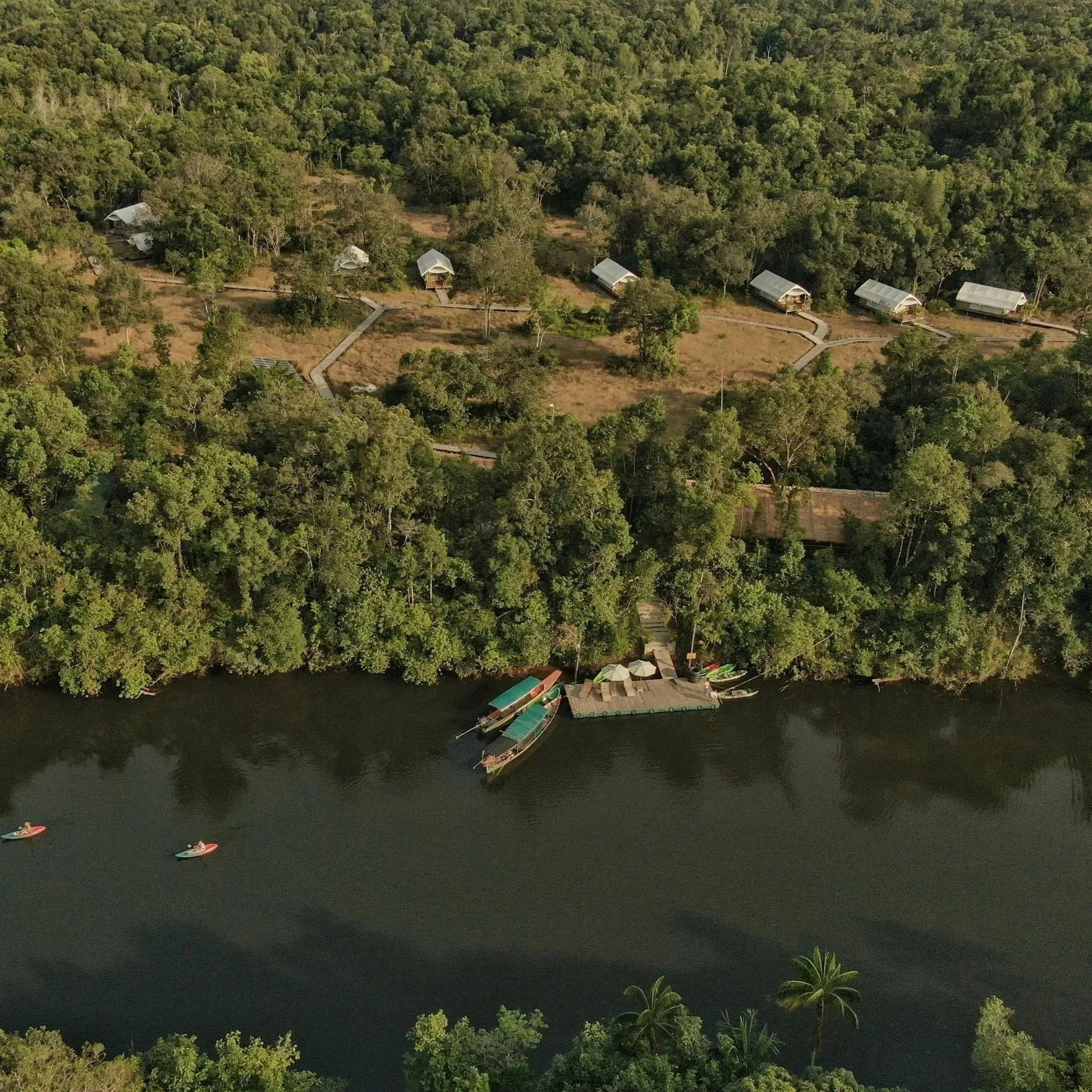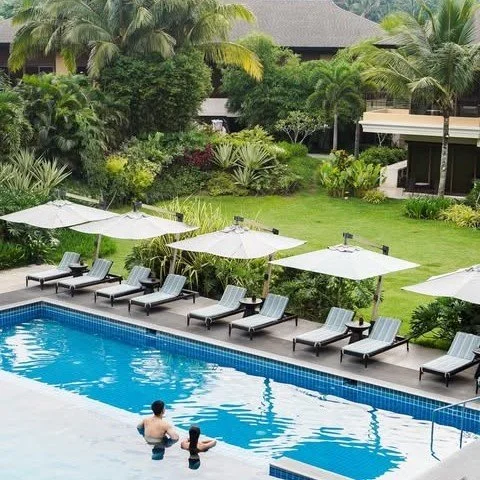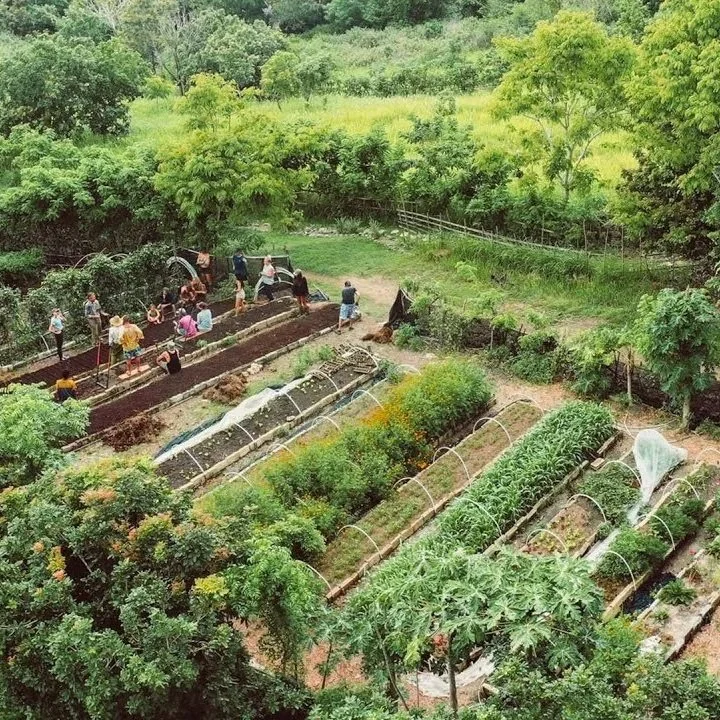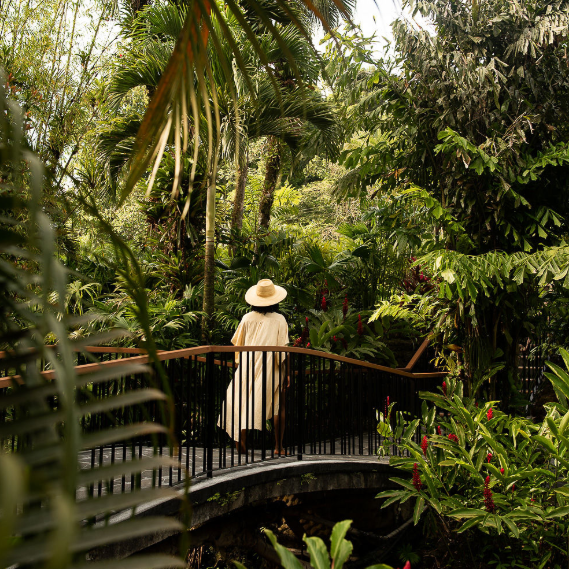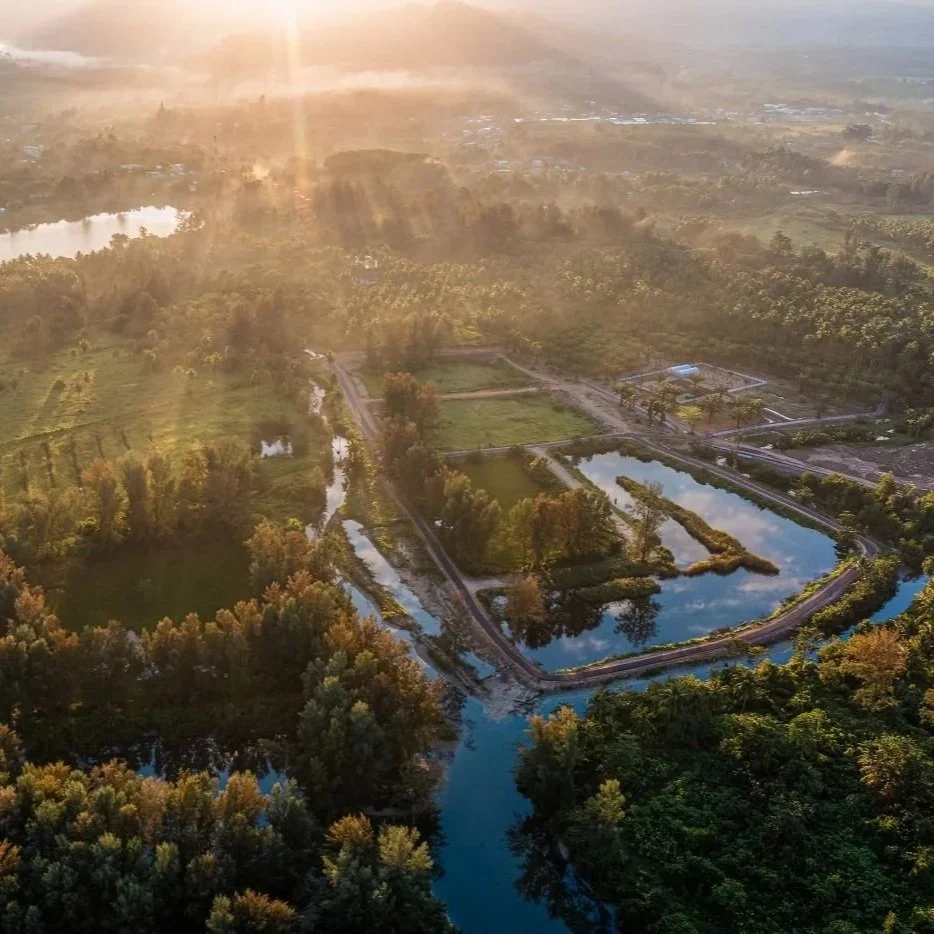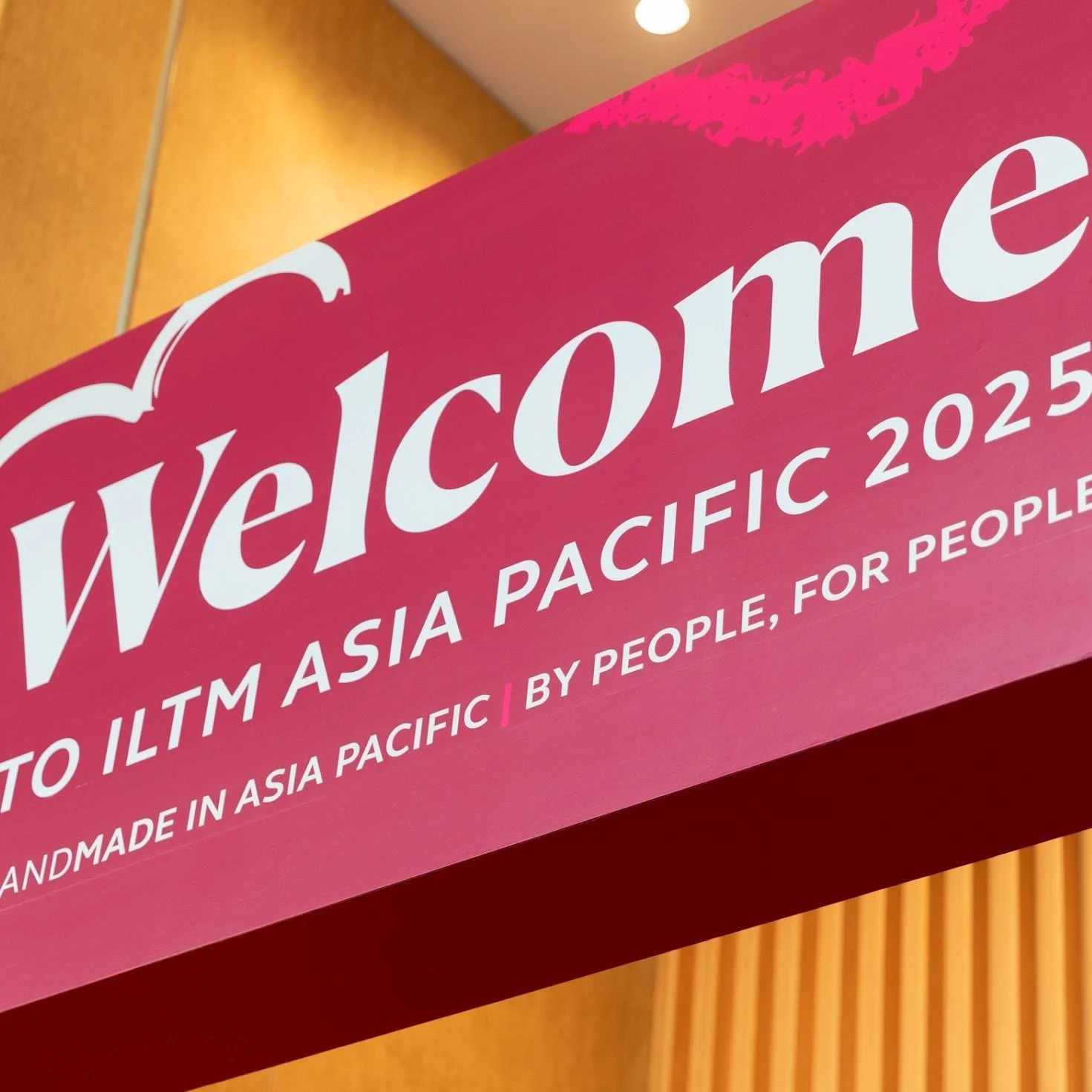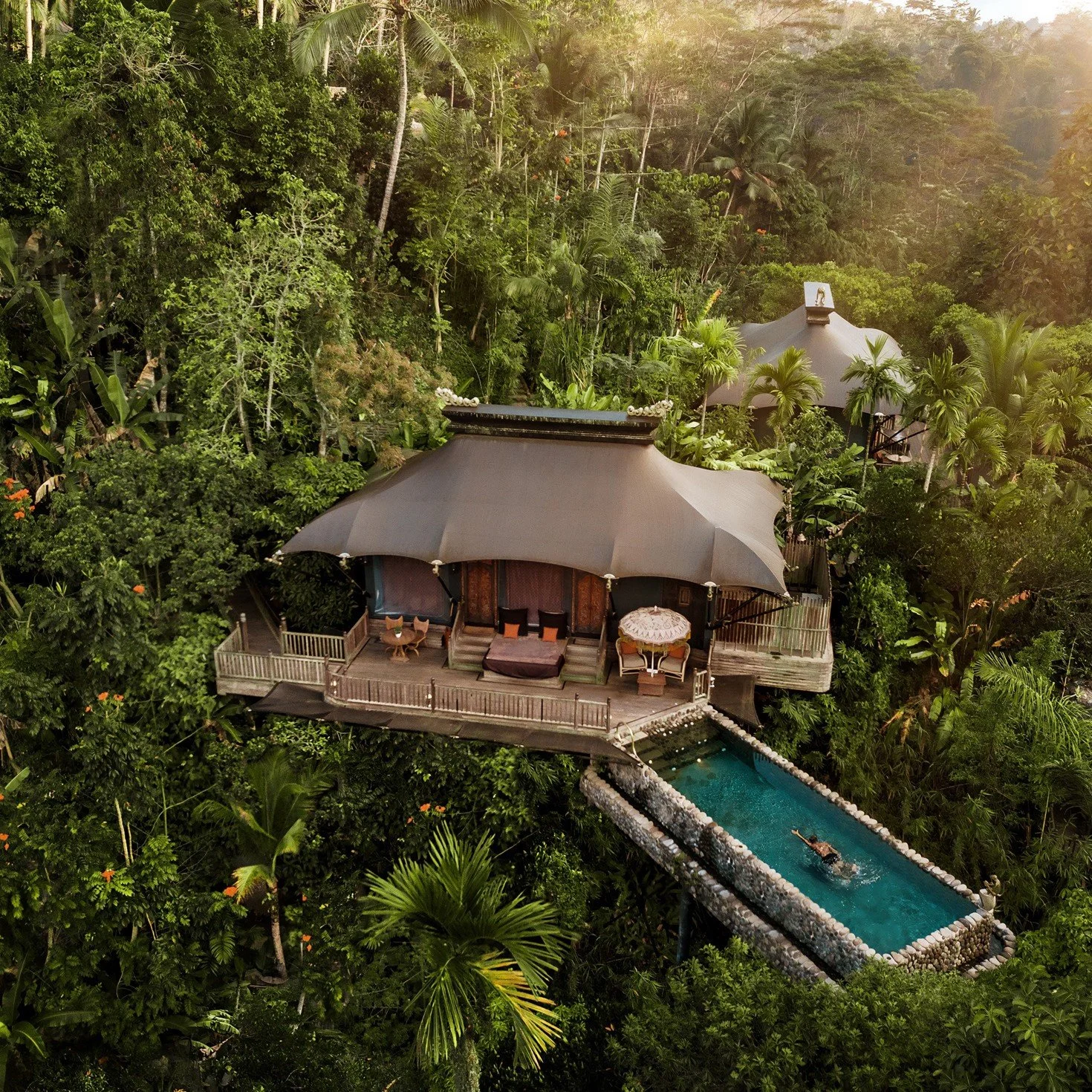
Is Triple Win Possible? Guests Return, People Prosper, Nature Thrives
For decades, tourism has focused for a narrow promise — happy guests and healthy profits — using growth indicators such as visitor arrivals and room occupancy to fuel an industry now worth nearly USD 10 trillion globally, according to the World Travel & Tourism Council.
This formula powered decades of growth across Asia. It created jobs, lifted communities out of poverty, and introduced millions of travelers to the region’s cultures and landscapes. However, this is achieved while externalizing costs that matter most to long-term viability, including biodiversity loss, infrastructure strain, socio-economic equity. It is notable, in many destinations, less than half of tourism revenue remains in local economies, as documented by a Travel Foundation report.
The question facing the industry today is no longer whether tourism needs to change — but how deeply.
That was the central focus of Asia Sustainable Travel’s recent webinar, “Is Triple Win Possible? Guests Return, People Prosper, Nature Thrives.” Bringing together a travel business founder, a conservation practitioner, and a systems designer, the discussion cut through surface-level sustainability claims to examine whether tourism can truly deliver value for guests, people, and nature — at the same time, and over the long term.
The answer from the webinar was neither idealistic nor dismissive. Triple-win outcomes are possible — but only if tourism stops treating sustainability as an add-on, and starts redesigning how value is created, measured, and shared.
This webinar also made clear that incremental fixes are no longer enough. What’s required is a structural reset.
The Hidden ROI of Community Investment: What Hoteliers Are Overlooking
If your hotel’s strategy still focuses only on room rates and marketing, you’re overlooking your strongest asset: your local community.
For hoteliers in Asia, where culture and community are deeply connected, collaborating with local communities builds loyalty, reduces risk, and delivers benefits beyond financial metrics.
This article reveals the hidden ROI and strategies to make community engagement a smart business move.
Three Mindset Shifts Asia Needs to Advance Sustainable Tourism in 2026
After years of debating whether sustainability matters to the future of tourism, the industry now confronts a more immediate and uncomfortable question: who can still be trusted?
The conversation has been overtaken by the loudest voices, many of whom are trading in sweeping claims unsupported by evidence. Unsurprisingly, consumers are growing skeptical, tuning out sustainability narratives that feel rehearsed and performative.
In this environment, success in 2026 will not belong to businesses making ambitious promises, but to those that can show verifiable impact, communicate with transparency, and scale responsibly.
That shift demands a reset, away from rhetoric and toward evidence-informed decisions, genuine community partnership, and outcomes that can be measured and verified.
Below are three high-level mindsets that must be reframed if the industry is to respond to the urgency and scale of the climate and sustainability challenge it now faces.
Can Tourism Regenerate Oceans? Why Community Ownership,Not Just Participation, is the Answer
Discover how Donsol in the Philippines transformed from a quiet fishing town into a global ecotourism success through community-driven marine preservation. Learn actionable strategies for integrating the Blue Economy into your business, from empowering local stakeholders to adopting science-based mangrove restoration. This article highlights lessons from the Environmental Planning Conference and the groundbreaking whale shark ecotourism model.
Will AI Drive or Derail Sustainable Travel? Solving the Industry’s Challenges
Artificial intelligence presents significant opportunities and risks for sustainable travel. This article highlights key insights from our recent Asia Travel Future Summit—a collaboration between Asia Sustainable Travel and Wise Steps Group—which featured experts from Travalyst, Archipelago International, Advant Labs, Lightblue, Lemongrass Marketing, Baotree, and the Pacific Asia Travel Association (PATA). Discover practical strategies for using AI to enhance efficiency and guest experiences, while managing its environmental impacts and ethical concerns, ensuring technology benefits people, the planet, and profits.
From Choice Simplification to Cosmic Itineraries: The 5 Trends Redefining Travel in 2026
The traveler of 2026 is not the traveler the industry designed for a decade ago. Findings from the Lemongrass Marketing Travel Trend Report 2026 and Booking.com’s “Era of You” show people entering this year with new psychological drivers shaped by cognitive overload, climate anxiety, identity change, and a clearer expectation that travel should align with their values and emotional needs.
These shifts are already shaping how travelers plan, choose, spend, and evaluate. In Asia — the world’s fastest-growing and most culturally diverse tourism region — the implications are immediate.
The following five structural shifts will define the competitive landscape for 2026.
Further East 2025: Regeneration in Focus Amid Bali’s Overtourism Challenges
Further East returned to Bali at a moment when APAC’s tourism sector was being forced to confront its contradictions. For the third year, Asia Sustainable Travel arrived with a question rooted in genuine curiosity: can this conference catalyze meaningful sustainability transformation in the region – a question we posed two years ago. And how might Bali’s overtourism pressures shape that conversation?
Is Biophilic Design the Secret to Happier Guests and Healthier Profits?
Biophilic design isn’t about plants; it focuses on evidence-based, sensory-driven architecture that enhances the guest experience, boosts sustainability, and drives revenue. This article distills expert insights from a recent AST webinar, offering practical strategies on retrofitting, sensory design, and budget-friendly implementations that you can apply immediately to create spaces that deliver tangible business results for your hotel or resort.
The Business of Balance: Can Asia’s Wellness Boom Stay True to Its Soul?
Wellness, across Asia, is never a passing trend. Wellness practices are an inheritance, passed down through generations, woven into dawn rituals, temple offerings, forest walks, and herbal teas brewed by hand.
Long before “detox retreats” appeared on luxury itineraries, Ayurveda mapped the human body as a universe of balance, Thai massage offered preventive and rehabilitative benefits to the human body, and Zen Buddhism guided the Japanese to find serenity in simplicity.
But in the last two decades, the continent that originated many holistic healings has become the world’s largest wellness marketplace. Asia-Pacific’s wellness tourism sector is projected to reach US $290.4 billion by 2030 — a surge driven by rising incomes, digital fatigue, and the modern epidemic of burnout.
The paradox is stark: while wellness has never been more in demand, it is also facing the greatest risk of losing its essence.
Are Your Sustainability Efforts Meaningful—or Just Measurable?
Hospitality can thrive when profit and purpose align across six stakeholders. This recap of the AST Forum for Next-Gen Leaders shows how Meaningful Tourism turns intent into measurable impact using SMART KPIs, practical pilots, and effective governance. For hotel and travel leaders, it serves as a concise playbook for creating lasting value and proving your sustainability efforts are meaningful, not just another report.
Why Does Sustainability Integration Still Feel So Difficult for Hospitality Brands? It Shouldn’t.
Sustainability has become the top achievement symbol in Asia’s hospitality industry. From boutique retreats to global chains, every brand now wants to speak the language of circularity, carbon neutrality, and local sourcing.
However, beneath the glossy websites and bamboo straws lies a persistent paradox: for most hotels, embedding sustainability still feels complex, costly, and out of reach.
It isn’t a question of not knowing the challenge or the opportunity.
Hoteliers and tourism professionals know that today’s travelers, especially Gen Z and Millennials, are willing to pay a premium for brands that reflect their values.
But translating that awareness into measurable, profitable change requires three things: capital, credibility, and capability.
Designing Tomorrow’s Resorts: Sustainability, Immersion, and ROI at HPC2025
At HPC2025’s Hotel Design Summit, industry leaders shared groundbreaking strategies for designing resorts that balance sustainability, cultural authenticity, and profitability. From soulful design rooted in Filipino wellness traditions to modular construction and energy-efficient innovations, discover how the future of hospitality is being shaped by creativity, care, and community.
Turning the Tide: Innovative Solutions to Asia’s Water Challenges in Hospitality
For your property, water is the silent partner in delivering exceptional guest experiences—filling your pools, powering your kitchens, and providing guests with comfort. Yet this vital resource faces a mounting set of challenges, from environmental scarcity and rising operational costs to evolving guest expectations. In this article, you’ll not only uncover these urgent issues but also discover case studies and targeted, actionable strategies to help you take control of water management, boost sustainability, and future-proof your operations.
Breaking the Chain to Save It: How Asia’s Hospitality Can Fix Food Systems
Asia’s hospitality industry is in culinary reckoning. Climate shocks are hitting staple crops. Global supply chains remain fragile and expensive. Rising guest expectations are pushing hospitality into a culinary reckoning.
In short, the way Asia eats and how hotels and restaurants serve food must change.
At the recent AST webinar, Breaking the Chain to Save It: How Asia’s Hospitality Can Fix Food Systems, three leaders showed what change looks like on the ground:
Their message was clear. To shape sustainable food systems, hospitality must address both ends of the chain: upstream and downstream.
A Closer Look at Sustainability-Centric Loyalty Programs for Independent Hotels in Asia
As modern travelers seek meaningful experiences and eco-conscious choices, independent hotels in Asia are reimagining loyalty programs. From personalized guest moments to sustainability-driven rewards, discover how platforms like GHA Discovery, Journey, and SLH Club are helping independent properties stand out in a competitive market.
How Hotels Turn Sustainable Food Sourcing into A Brand Advantage
Global Hotels in Asia Put Responsible Food Sourcing on the Menu
JW Marriott Khao Lak Resort’s response to addressing food-related emissions and also providing healthy food has been to rebuild its food system from the ground up.
In April 2024, the resort launched the 27-acre JW Garden, perhaps one of the largest resort farms in Asia Pacific. The project was born from a simple question: What if a resort could grow food to cut imports, slash waste, and enrich its ecosystem, and at the same time create a richer experience for its guests?
Sustainability Beyond the Manager: Engaging Your Entire Team
How can sustainability evolve from a series of isolated efforts into a unified mission championed by every member of your team?
This question was at the heart of our recent webinar, where Dimitri Syrris, Founder & CEO of Baotree, and Rhea Vitto Tabora, Co-Founder of Asia Sustainable Travel, explored how to transform sustainability into an inclusive, shared responsibility within hospitality operations.
They discussed why this approach is more critical than ever for the hospitality and travel sector and shared actionable insights, compelling examples, and innovative tools to help professionals create a team-driven sustainability roadmap.
How These Hotels Turn Urban Sustainability Challenges Into Scalable Impact
From Bangkok to Singapore, designing and operating a sustainable hotel in a city means contending with limited footprints, ever-shifting policies, and relentless pressure on space and resources. Achieving meaningful impact in these compact city centers requires more than good intentions. It demands innovation, discipline, and long-term thinking.
And yet, it is precisely in these high-pressure environments that innovation flourishes.
As population centers and global travel gateways, cities offer hospitality brands not only their toughest test but their clearest opportunity to lead.
In this article, we spotlight three hotels, Pan Pacific Singapore, Grand Hyatt Singapore, and Kimpton Maa-Lai Bangkok that have risen to the challenge. Rather than seeing constraints as deal-breakers, they’ve turned them into design prompts and operational innovations.
Their stories offer valuable lessons in how to embed sustainability into the urban guest experience, not as an add-on, but as a defining feature.
Is ILTM Asia Pacific Ready to End ‘Beige-ification’ and Advance Sustainability?
As the leading luxury travel trade show in Asia, ILTM Asia Pacific occupies a position of profound influence in shaping the region’s high-end tourism sector. Its 2025 edition at Marina Bay Sands, Singapore, saw 740 luxury travel advisors and exhibitors engage in over 40,000 pre-scheduled meetings, a significant 12% growth from the prior year.
But behind the polished networking lounges and celebratory metrics, a more urgent question emerged: is the luxury travel sector, and ILTM Asia Pacific itself, ready to move beyond the aesthetic uniformity that increasingly defines much of global hospitality, and lead a shift toward cultural diversity, sustainability, and innovation?
Designing Desire: The Business and Wellness Case for Biophilic Hospitality
Hospitality has long been measured by its ability to provide comfort and luxury, but things are changing. With the rise of biophilic design, guests now want more than just a place to stay. They are looking for spaces that bring them closer to nature and rejuvenate them. It's now about blending the natural world into architecture and creating experiences that go beyond the built environment.
This article explores the core principles and growing importance of biophilic design, highlighting its benefits and successes. It offers hospitality professionals a practical guide to creating spaces that deeply resonate with guests while promoting sustainability.

Become an AST member to unlock playbooks & connections to future proof your business. Join today.
Work with us
Ready to take your business to the next level — with purpose?
Take a look at our Media Kit.
From B2B content development, such as impact reports and newsletters, to speaking engagements and business match-matching, we offer a full suite of services designed to grow your business and drive enduring impact.
And we don’t stop there. 5% of all revenue goes directly to traceable social and environmental initiatives across Asia.


